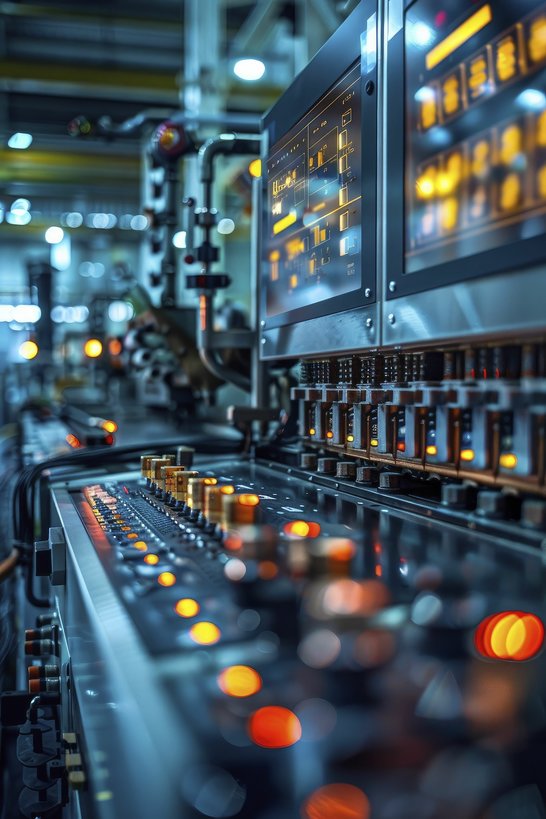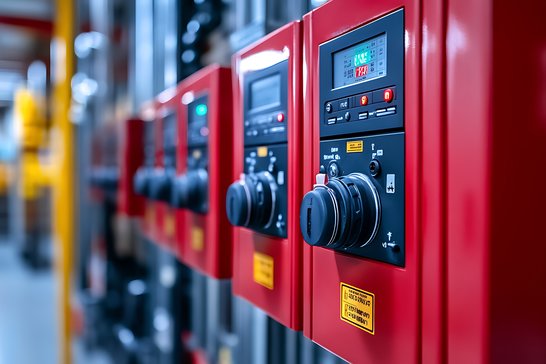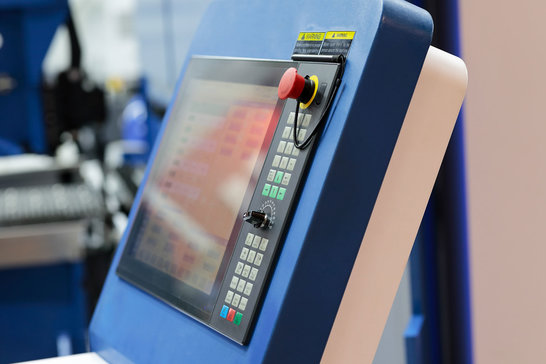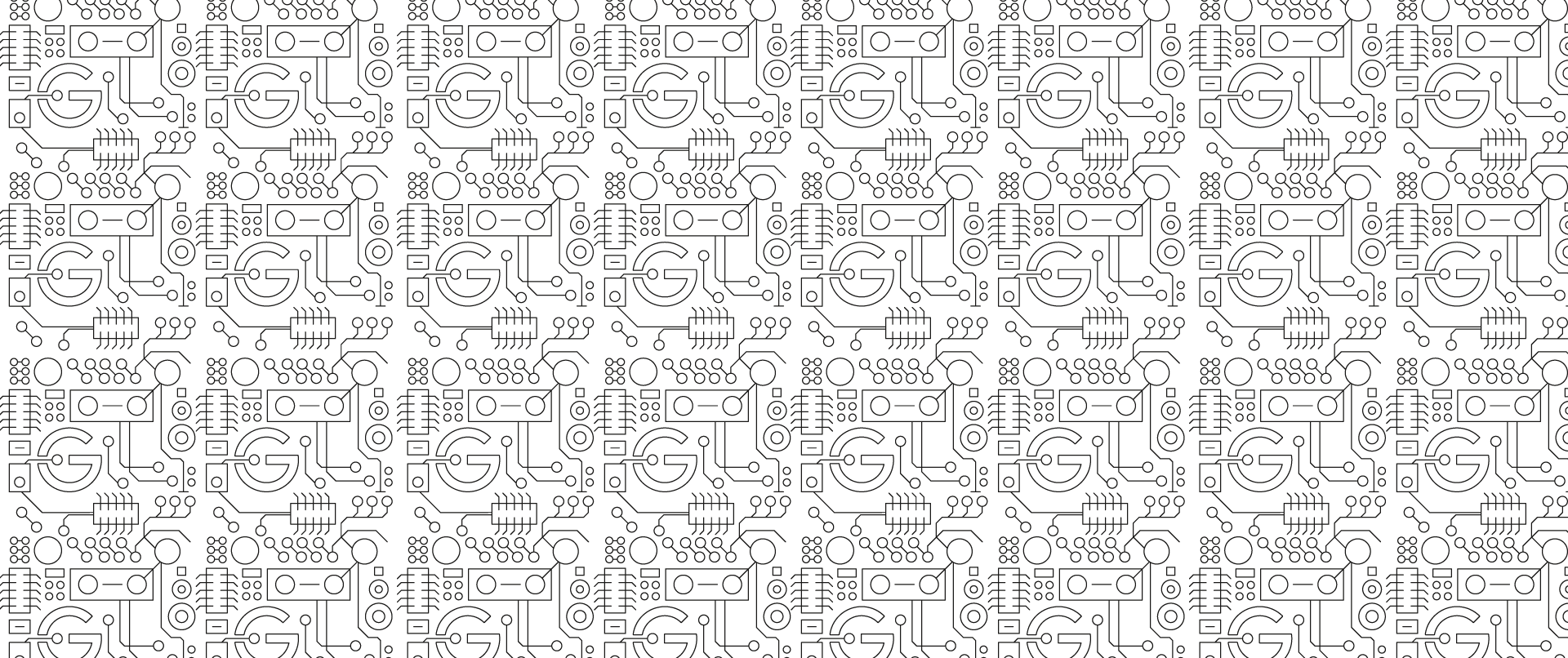Special
What is the HMI to be developed for?
HMI solutions are used in many industries, with each industry having its own specific requirements. We provide an overview.

A human-machine interface (HMI) is an interface that enables interaction between humans and machines. HMI solutions are used in many industries, with each industry having specific requirements. Here are some examples of industries where HMIs are used, along with important points to consider when developing each.
customized
industrial automation and manufacturing
- Robustness and reliability
- HMIs in industry must be resistant to dust, dirt, vibrations and extreme temperatures.
- Ergonomics and user-friendliness
- A good user interface is crucial for efficiency and user acceptance. The interface should be intuitive, clear and easy to use, as it is often used by technicians and operators with different levels of expertise.
- Security
- Since operating errors can be dangerous, protective measures and clear feedback must be integrated. Likewise, the systems must be protected against unauthorized access from inside and outside.
- Connectivity
- The HMI must be seamlessly integrated into industrial control systems such as PLCs (Programmable Logic Controllers) and industrial communication standards must be supported.

customized
medical technology
- Reliability and precision
- Error-free inputs and fast response times are essential for operation in critical situations.
- Intuitive usability
- Medical devices must be operated by specialists with different levels of qualification, so a simple, clear and intuitive user interface is essential.
- Safety and compliance
- HMI in medical technology must meet strict regulatory requirements (e.g. ISO 13485) to ensure safety and accuracy.
- Hygienic design
- HMIs must be easy to clean and support sterile operating environments.
- Safety and compliance
- HMI in medical technology must meet strict regulatory requirements
- (e.g., ISO 13485) to ensure safety and accuracy.
- Hygienic design
- HMIs must be easy to clean and support sterile operating environments.

customized
energy technology
- Remote control and monitoring:
- HMI systems are used to control and monitor distributed systems such as power plants, power grids or water supply systems.
- Scalability:
- Large plants require an HMI that can monitor and visualize many data sources and devices simultaneously.
- Reliability and data security:
- Since this is critical infrastructure, the systems must be highly secure and reliable to prevent threats and outages.
- Long-term operational reliability:
- Durability and easy maintenance are important because systems often remain in use for many years.

customized
Transportation and logistics
- Robustness and reliability
- HMIs for vehicles such as trains, trucks or ships must be particularly robust and work reliably in harsh environments.
- Data integration and networking
- Real-time data on routes, traffic conditions and the status of vehicles and cargo must be effectively integrated and displayed.
- Mobility and flexibility
- HMIs for logistics often need to be operable from different locations, including mobile devices.

Successful HMI development
HMIs are indispensable in many industries, from industrial automation to medical technology. When developing an HMI, special attention must be paid to the specific requirements of the respective industry, such as robustness, user-friendliness, safety, connectivity and compliance with standards.
A thorough analysis of the end users' requirements and needs is the key to successful HMI development.
Contact the experts at Ginzinger electronic systems for individual advice!
